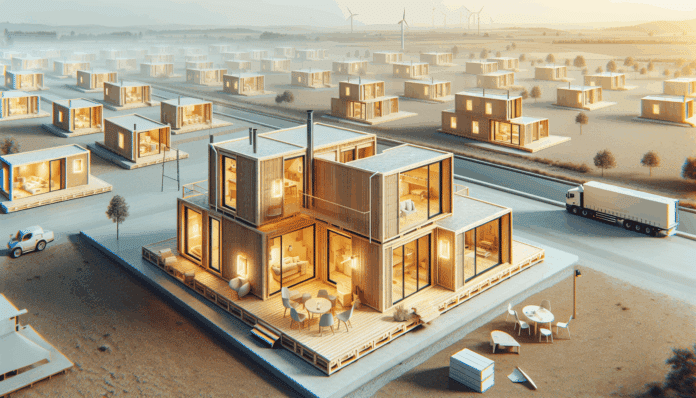In recent months, a prefabricated house in Valencia has attracted the attention of the media and social networks in Spain, standing out for its innovative design and sustainability. Built in just three weeks, this project challenges the traditional norms of the real estate sector.
Designed by a group of young architects, the house is modular and highly customizable, allowing each home to be unique. It uses recyclable materials and renewable energy technologies, such as solar panels, which has contributed to its popularity.
The creators of the project state that they not only seek to offer an attractive and functional home, but also promote a sustainable lifestyle. "We want to demonstrate that it is possible to build in an efficient and environmentally friendly way," says one of the architects.
The interest in these houses has grown, especially among young people and families who are looking for affordable options. The pandemic has accelerated this trend, as many Spaniards rethink their living spaces, prioritizing comfort and functionality.
However, there are challenges. Some critics argue that, despite their benefits, prefabricated houses may not offer the same durability as traditional constructions. Moreover, the current regulations in Spain could limit its expansion.
Despite the difficulties, prefabricated houses are booming. New projects emerge across the country, each one with its own innovations. The community of architects is enthusiastic about the opportunity to transform the construction industry.
The future of housing in Spain points toward a more sustainable and accessible model, and prefabricated houses are leading this change. With the growing demand and consumer interest, its popularity is likely to increase in the coming years.



